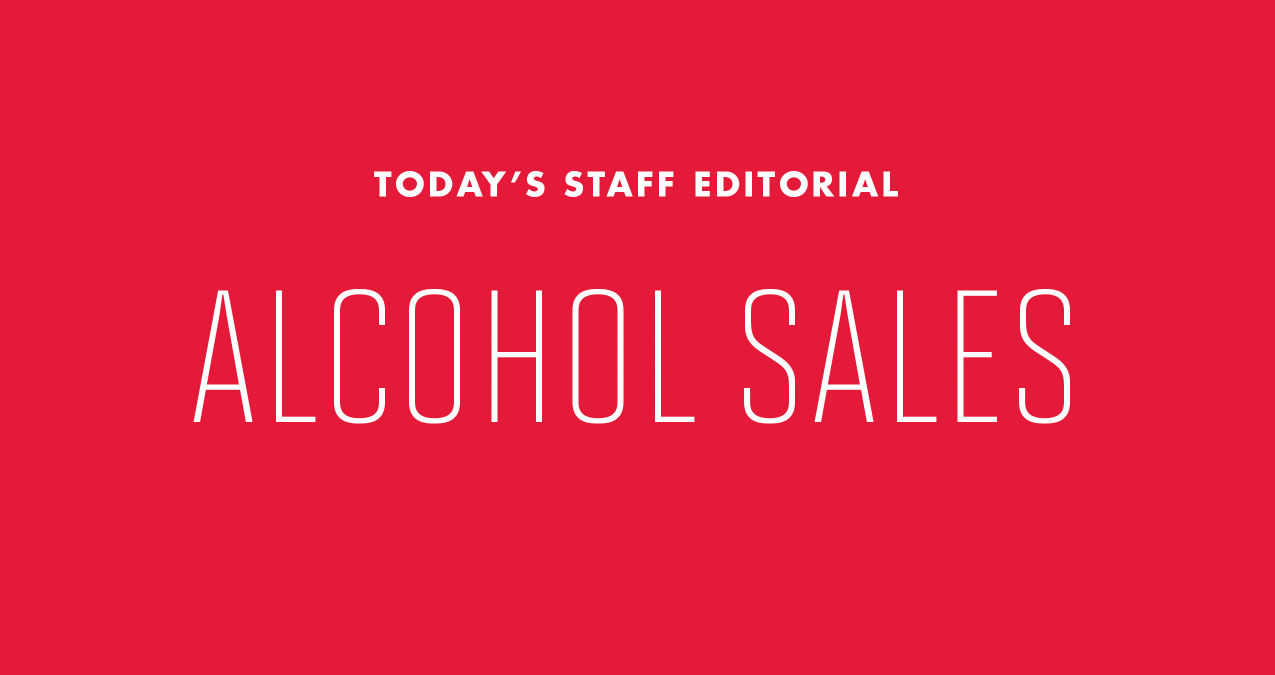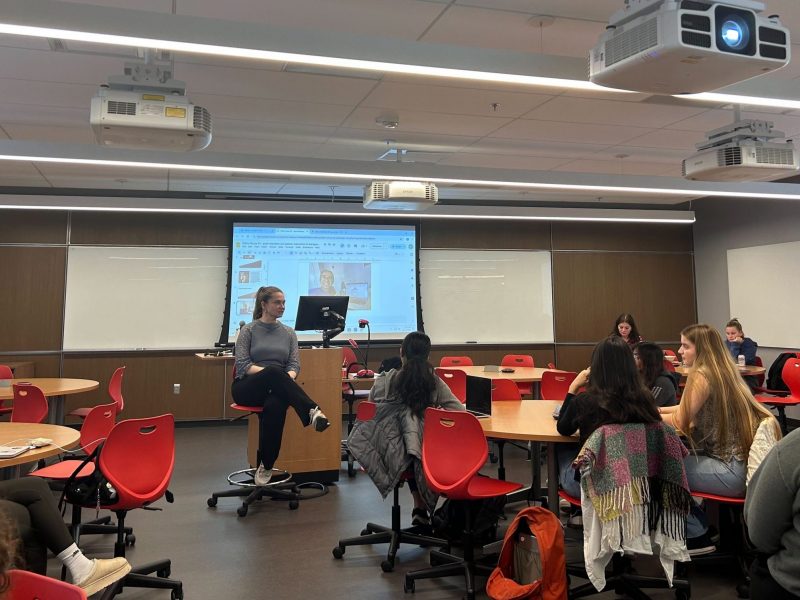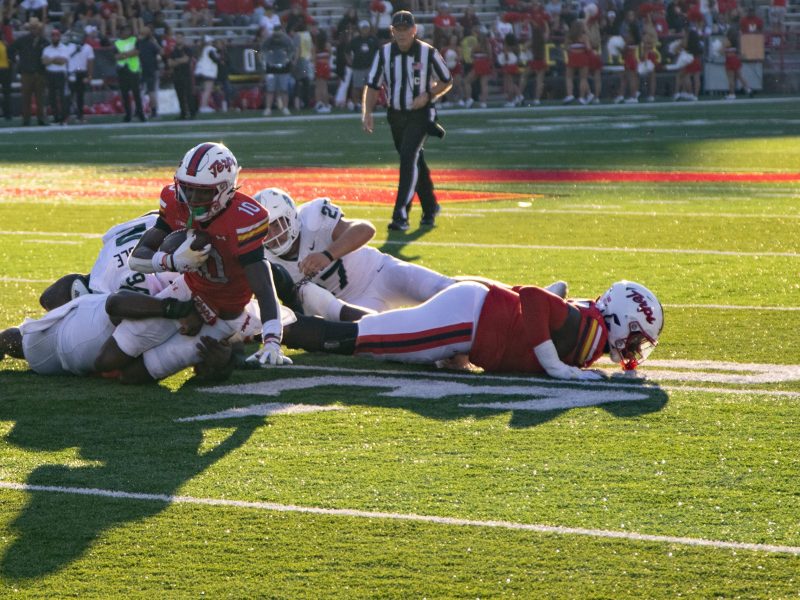
Alcohol sales
Like most young adults attending institutes of higher learning nationwide, students at this university often struggle with getting sloshed in a responsible fashion.
Most undergraduates could recount at least one instance in which emergency personnel carted an overly inebriated freshman or sophomore from their dorms. Long-term city residents bemoan the noise levels, littered red cups and public urination that accompany sizable off-campus parties.
Though they’ve certainly been long aware of what law enforcement and guidance counselors alike would probably term “problem drinking,” (and what students would deem an average Friday) university administrators have only recently stepped up efforts to curb the ill effects of binge drinking off the campus.
Beyond an increased University Police presence on weekend nights on Route 1 and the off-campus expansion of the Code of Student Conduct, the bulk of this initiative is best witnessed on Saturday mornings and afternoons from August through November.
University officials first piloted on-campus Greek life tailgates for home football games in 2013, a measure to cut down on raucous early-morning gatherings in the Old Town neighborhood and elsewhere.
Drunken carousing on university President Wallace Loh’s front lawn, which enjoyed widespread success and a bit of subterfuge on the official wristband front, went on to run throughout the 2014 season.
Now, as the Terrapins football team gears up for a series of ho-hum bludgeonings during its sophomore Big Ten tilt, students could also score beer inside Byrd Stadium if the county liquor board approves a university proposal.
For almost a year, the Student Government Association has promoted alcohol sales at university athletic venues as a means of controlling binge drinking, and university officials seemed to agree; the University Athletic Council voted to recommend beer sales on a provisional basis earlier in the spring, with just one dissenting vote.
The university proposal, announced today by Loh in a campuswide email, aims “to ‘normalize’ student drinking behavior, so that it occurs safely and responsibly in a monitored environment,” Loh wrote.
Other institutions selling alcohol at athletic events reported no significant increase in game day binge drinking, according to the email, a statistic the SGA and other supporters of alcohol sales have cited throughout the university’s consideration process. Moreover, about 85 percent of attendees at university athletic events are 21 or older, Loh wrote, providing a viable target demographic at the taps.
The impact on the bottom line doesn’t hurt either; the university estimates alcohol sales will generate about $500,000 in additional revenue, which will funnel toward mental health counseling, sexual assault prevention and responsible drinking programs.
The Prince George’s County Board of License Commissioners is slated to examine the proposal at an upcoming meeting, and this editorial board joins the university and the SGA in urging the board to pass this common sense, well-crafted health initiative.
Given the university and city’s united push to promote responsible drinking, the chance to grab a few brews in a safe space, with the proceeds funding services students have demanded more of for years, is a win for students, officials and sports fans alike.



